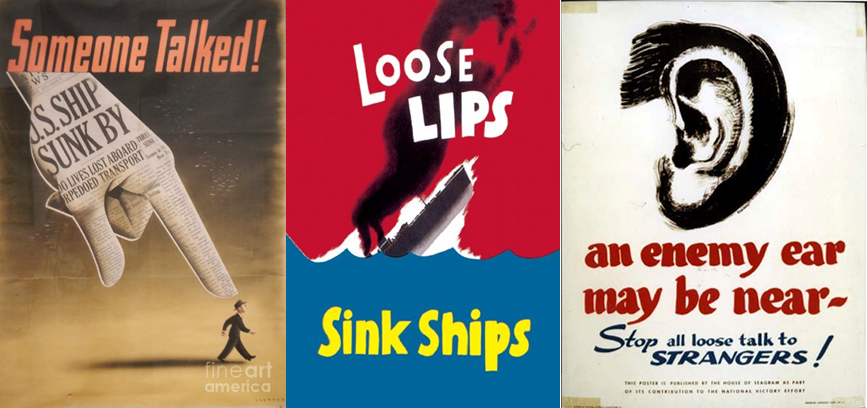Liberty vs. Security
Sep 05, 2006Edward Gibbon and James Madison both noted how liberties in Rome were among the victims of its growing empire.

The Constitution grants the freedom of speech to every citizen. Journalists value it more than anything else. Should the freedom of speech be unlimited? Would unlimited freedom of speech do more good or bad to our society? Would limited freedom of speech impact the monitoring power of news media and therefore threaten our society? John and Ken discuss the philosophy behind the freedom of speech with Geoff Stone from the University of Chicago Law School.
Ken distinguishes between speech, thought and action. Speech expresses thought. One might think that as free as I am to think, I should also be free to think. However, speech is closely related to action since it can elicit certain actions. Shouting "there is fire" in a movie theater for instance is such an example. This overlap of speech in the sphere of action imposes limits on speech.
Ken introduces Geoffrey Stone, Professor of Law from the University of Chicago. Stone explains that constitution assumes that all citizens will be eager to learn about all opinions on matters of public policy - this is an outcome of the democratic principle of self-governance. However, public debate is often a cacophony of noise. Ken asks, wouldn't it be understandable to regulate the speech market to prevent the spread of useless, pernicious ideas? Noting there is some regulation, Stone answers that the idea that governments can decide what is a permissible opinion is a really dangerous idea, as it usually leads governments to suppress any idea that doesn't serve their interests. Such laws could potentially prohibit ideas like woman's suffrage or the emancipation of slaves.
Slander does not contribute anything valuable to a rational discourse, so it can be stifled at times. Should dissent be stifled at times of war? Stone gives examples of how different US governments dealt with free speech during times of war.
We may want to protect free speech in normal times but what about perilous times? Dissent in war times may have the effect of demoralizing our troops. Stone argues that you cannot have a self-governing society in the absence of the right to disagree over fundamental policy issues and that war is a crucial policy issue. Curtailment of free speech during times of war is meant to be temporary. However, cold war seemed as if it could last forever - "nobody saw the light at the end of that tunnel" according to Stone - and so restriction of freedom of speech during cold war could actually amount to permanent curtailment.
Stone concludes that what is lacking in our society is not so much the control of free speech but "a national educational effort in understanding why we have the liberties we do." Stone explains that instead of searching for ways to limit speech, we should try to understand why disagreement is valuable.
Comments (1)
pattyblack
Thursday, June 6, 2024 -- 12:20 PM
In times of war, freedom ofIn times of war, freedom of speech becomes a contentious issue, often scrutinized by both governments and the public. Essay professors emphasize the delicate balance between national security and individual rights, highlighting the importance of maintaining open dialogue even during conflict. Ensuring that diverse voices are heard is crucial for preserving democratic principles and fostering informed debate.